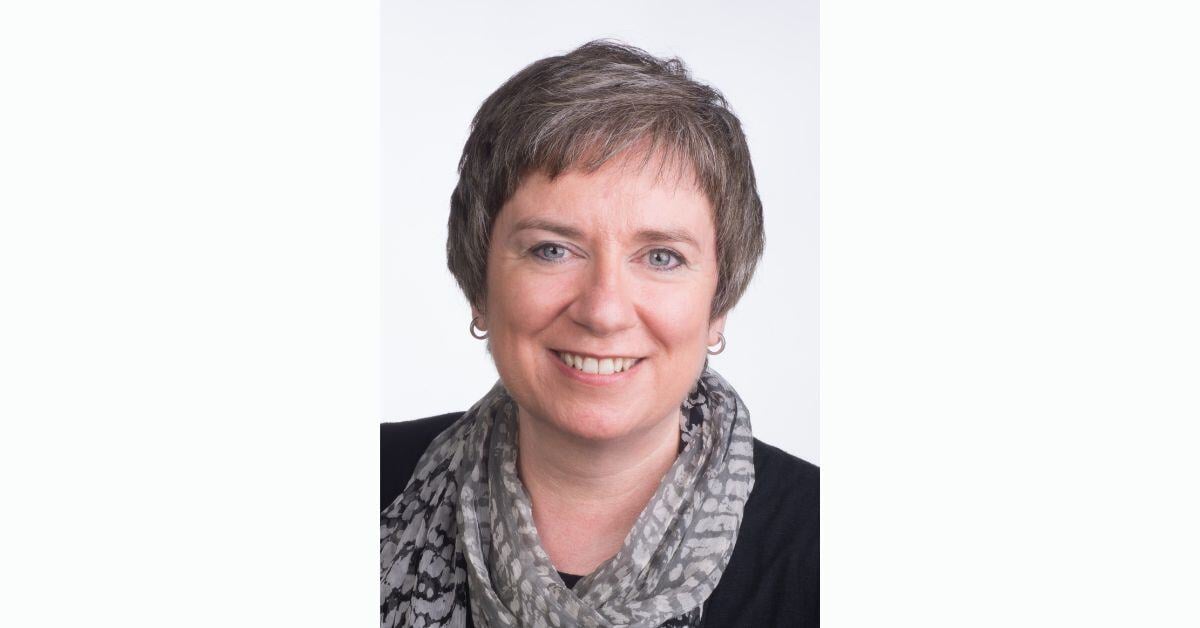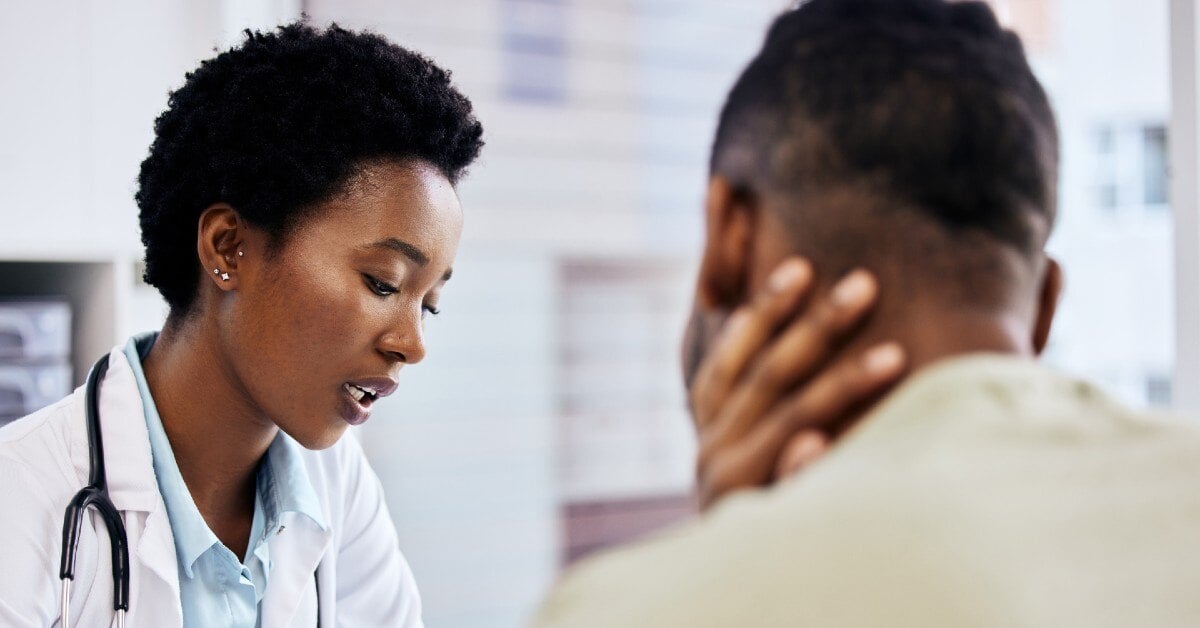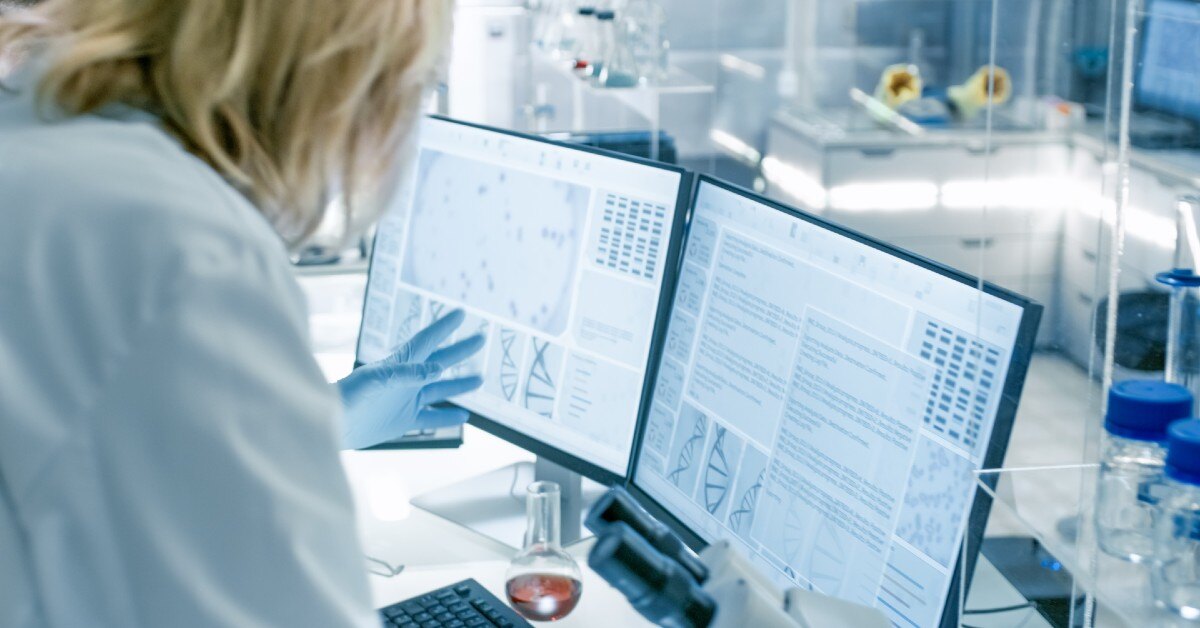Read time 5 mins
A conversation with a Medical Monitor in clinical research
A skilled medical monitor is vital to participant safety, regulatory compliance and data integrity in clinical research. They act as a critical link between investigative sites and sponsors, managing adverse events, and maintaining ethical standards throughout the study.
We recently had the pleasure of sitting down with Dr. Jo Marjason, a seasoned medical monitor at Southern Star Research. Dr. Marjason shared her career path and what a day in the life looks like, as well as the challenges, experiences and rewards that go with being a medical monitor in clinical research.
Q: How did you become a medical monitor and start working at Southern Star Research?
Dr. Jo Marjason: I graduated from the University of Sydney in 1981 with an MBBS/BA(Psych). After three years working in the public hospital system, I began my career in general practice. I still work in this area and love the breadth of medicine I deal with and the patients I work with, especially in preventative health areas.
I started working in research in 1995 as an investigator in clinical trials at the phase 1 unit in Brisbane (formerly called Q-Pharm). I loved the diversity and the contrast to my general medicine experience. I remained in research as a principal investigator, largely involved in early phase healthy volunteer trials, and also worked as a sub-investigator in later-stage trials with the Endocrinology Department at RBWH. For the last 11 years, I have worked in the role of medical monitor in clinical research at Southern Star. I thoroughly enjoy working with the team here, and seeing research from a different perspective.
Q: What does a typical week in the life of a medical monitor look like?
Dr. Jo Marjason: The core of my work involves collaborating with the project manager, safety officer, site, and sponsor to ensure safety and compliance are maintained. During a typical week, I participate in study meetings, respond to queries from clinical research associates or the site, review serious adverse event (SAE) reports, complete coding for data management, review protocols for upcoming studies, get involved in bid defenses for proposed studies, maintain updates in my training records, and attend training sessions or study kick-off meetings.
Q: How do you work with principal investigators to ensure the safety of participants during clinical trials?
Dr. Jo Marjason: I am on call 24 hours to ensure a constant safety link between the site and sponsor. Sites are able to contact me by phone if there are any issues, especially urgent ones. Any phone contact is followed by an email to confirm our discussion in writing. Safety is the prime concern, and I am available to discuss the best approach regarding safety, sponsor contact, and the continuation or hold of the study.
Q: What key advancements have you seen in clinical trials and what are you most excited about?
Dr. Jo Marjason: Some key advancements include the updating and review of Good Clinical Practice (GCP) guidelines, regular review of Standard Operating Procedures (SOPs), acceleration of Human Research Ethics Committee (HREC) approvals, and global changes in the operation of studies.
When I started in research in 1995 the ICH-GCP guidelines were yet to be issued and these became recognised across Europe and then Asia over the following ten years. The development of SOPs to cover all aspects of research work and establish the standards by which we operate did not exist when I first worked in research either. These have now been developed in line with GCP and are reviewed on a regular basis. Meanwhile, the RBWH HREC was the only committee available for submission in the 1990s in Queensland. The committee met on a monthly basis with only 10 meetings per year. Hence why submission and approvals were often delayed. We’ve come a long way since then!
In terms of medical advancements, oncology and vaccine areas are the most exciting to me. We are exploring many different approaches to treatment in oncology and improving prevention through vaccine development.
Q: What's the most difficult/challenging situation you've faced in your role as a medical monitor at SSR?
Dr. Jo Marjason: Early in my role, we had an anaphylactic reaction to an investigational product (IP) at the site in the early stages of a healthy volunteer study. Working with the principal investigator (PI) and the site, the subject was transferred to the emergency department and made a full recovery. However, it was a sobering event for all involved.
Talking about these types of adverse events (AEs) and SAEs with sponsors can also be challenging when they disagree with the PI assessments of its relatedness to their investigational product. In one particular oncology study we were involved in the Investigational Product had been known to have possible cardiac toxicity in pre-clinical work. We had a participant develop atrial fibrillation and since no previous history, this was considered possibly related to the IP and I agreed with this assessment. The Sponsor disagreed and requested this be down-graded to not related. I had to explain that although they could have their own judgement they could not influence either the PI or medical monitoring assessment. This situation is not uncommon and my approach remains unchanged. The clinical study report will summarise the difference in opinion. It is not for the Sponsor to seek to change others’ assessment, but it is up to everyone involved to ensure the safety of trial participants.
Q: What do you find rewarding about your work?
Dr. Jo Marjason: Completing a study is always rewarding, especially seeing an investigational product progress through to market. And of course, it’s encouraging to see our team win another study because it’s an honour to continue playing a part in bringing a potentially life-changing product to the public.
Q: What's your favourite part of working at Southern Star Research?
Dr. Jo Marjason: My fellow workers! Plus, I thoroughly enjoy my role and love the flexibility it gives me.
Q: What advice would you give to someone looking to pursue a career as a medical monitor in clinical research?
Dr. Jo Marjason: I would recommend getting some years of experience as an investigator at a site. This gives you a good understanding of how difficult ‘the coal face’ of clinical trials can be, and how you can be there for support and advice in the medical monitor role.
We thank Dr. Marjason for sharing her insights and experiences with us. We love her dedication and passion for her work at Southern Star Research.
If you want to learn more about working with an Australian clinical research team that is professional, dedicated and committed to safe and ethical studies, get in touch with us today.
Southern Star Research is a full-service Australian Contract Research Organization. We help sponsors run safe and efficient trials that meet regulatory requirements, ensure scientific excellence, and demonstrate the commercial viability of your product. If you're looking for an agile and dedicated team to help you run a successful trial, contact us today.
.svg)
.png?width=91&height=92&name=img-container-(1).png)




